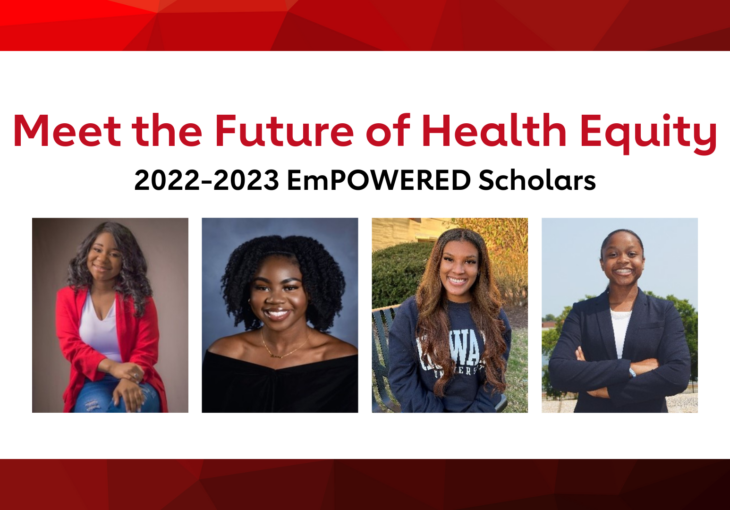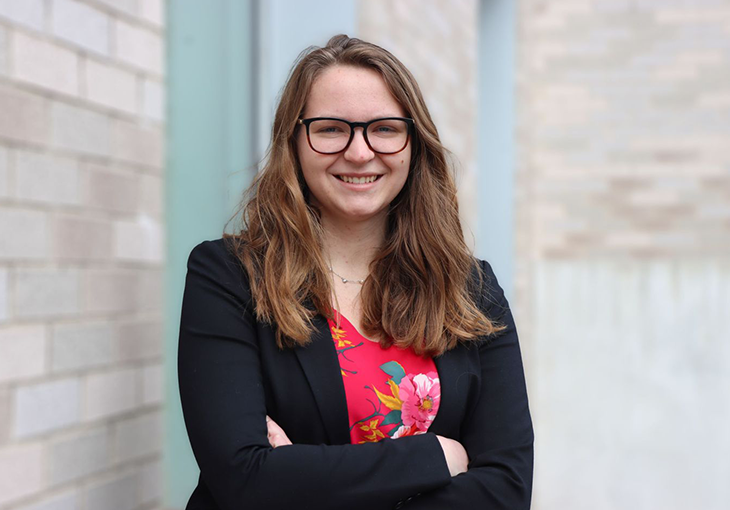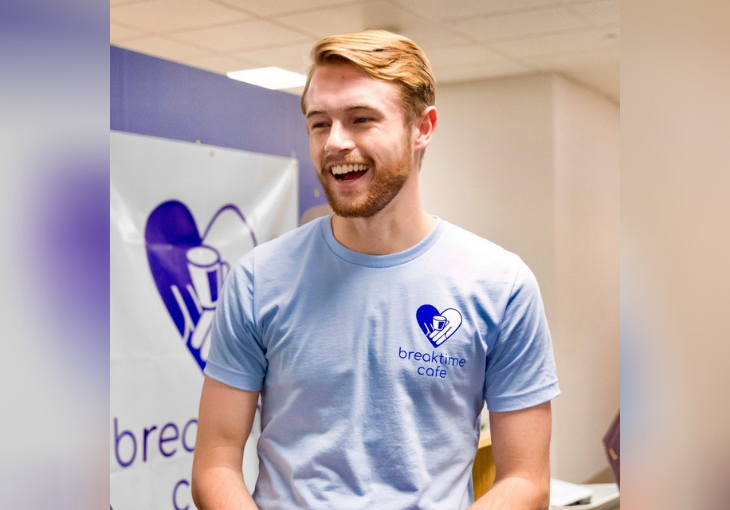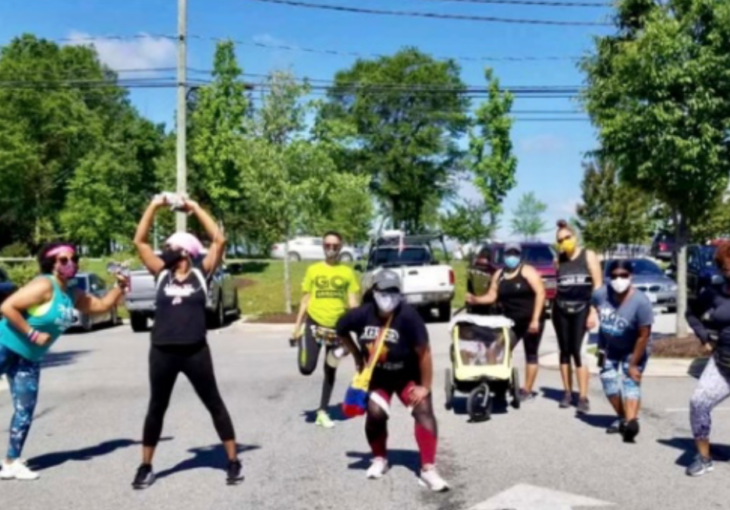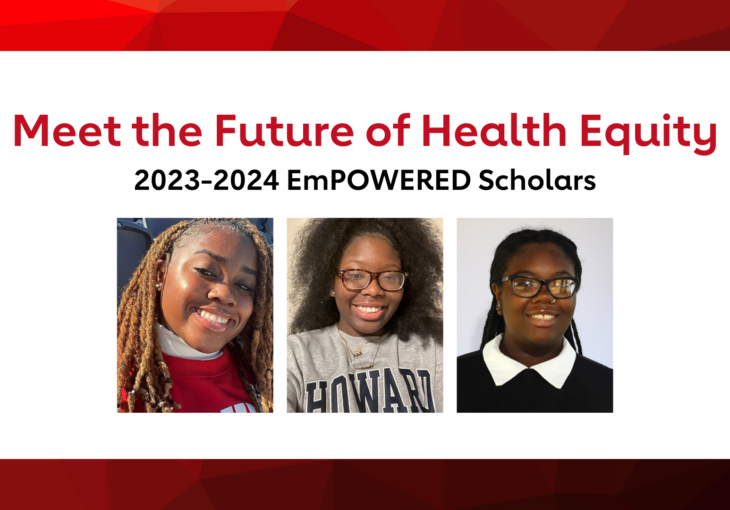
Three Howard University students receive national health education scholarship
The American Heart Association’s EmPOWERED Scholars program has awarded $5,000 to three Howard University students in Washington, DC. November 21, 2023, WASHINGTON, DC – The American Heart Association, a global force for longer, healthier lives for all, has awarded ten $5,000 scholarships to college students from across the United States through its EmPOWERED Scholars program.

